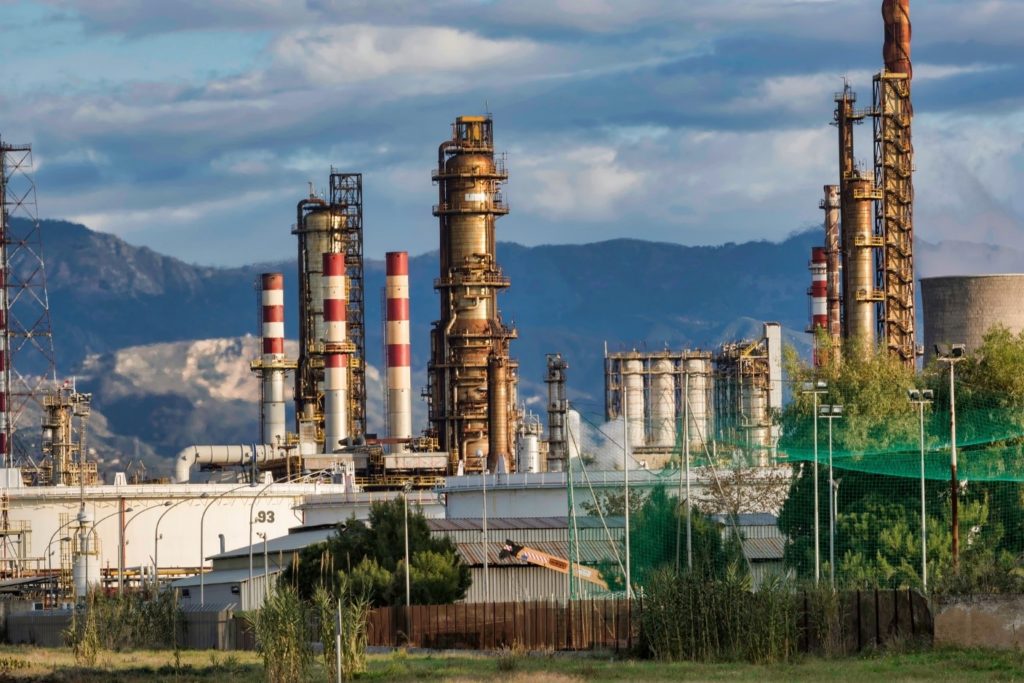NEW DELHI – On Monday, November 5th, the United States imposed economic sanctions on 50 Iranian banks, 65 Iranian aircraft, 200 individuals, and all shipping vessels used for the transportation of Iranian oil. The U.S. granted India and seven other nations waivers allowing them to continue importing Iranian oil on a declining basis for the next six months.
What are economic sanctions?
The Council on Foreign Relations defines economic sanctions as “the withdrawal of customary trade and financial relations for foreign and security policy purposes” in an attempt “to alter the strategic decisions of state and nonstate actors that threaten their interests or violate international norms of behavior.”
Sanctions are considered to be a “lower cost, lower risk, middle course of action between diplomacy and war.” When a country, the United Nations, or an entity such as the European Union imposes economic sanctions, they are telling the sanctioned entity that negotiations are over. The sanctions are intended to choke the sanctioned party’s economy until they return to reasonable negotiations over the problem at hand.
The United States has the right to seize assets under the control of blacklisted people and entities and it expressly forbids commercial relations with them.
The alternative is the imposition of tighter sanctions. A great deal of finesse is required to implement sanctions that create the desired effect without causing the situation to deteriorate into armed conflict.
Why the sanctions against Iran?
Iran is an Islamic Republic that is intent on becoming a nuclear power capable of deploying weapons of mass destruction as an existential threat to its enemies. Iran has been vocal for decades about its desire to drive Israel (the little Satan) into the sea and bring “death to America” (the big Satan). It is a sponsor of global terrorism.
The sanctions are aimed primarily at the leading source of Iranian revenue, its oil industry. The country has a production capacity of six million barrels of oil per day. At a price of $75 per barrel. That is an ability to generate $450 million per day, $13.5 billion per month, and $162 billion per year. According to the CIA World Factbook, petroleum exports generate about $55 billion per year.
Actual production is estimated at about four million barrels per day ($300 million) with exports estimated at 1.3 million barrels per day, generating an estimated actual revenue of $35.6 billion per year.
U.S. Treasury Secretary, Steven Mnuchin said, “Treasury’s imposition of unprecedented financial pressure on Iran should make clear to the Iranian regime that they will face mounting financial isolation and economic stagnation until they fundamentally change their destabilizing behavior.”
Why has the U.S. granted waivers to India?
The reason is simple. India is heavily dependent on Iranian oil. Fifteen percent of Iranian exports go to India, second only to China (27.5%). The 180-day waiver allows India time to source its petroleum needs elsewhere without creating an unnecessary and undesirable hardship on the Indian nation.
The U.S. has asked India to reduce its importing of Iranian oil to a maximum of nine million barrels per month during the six-month waiver period. India’s refineries have complied by placing a combined order on November 5th for December delivery of nine million barrels. The nine-million-barrel mark is about 45% of India’s estimated regularly imported amounts.
We are only one day into the new sanctions, so Missions Box News wants to keep you informed.
For more information on Iran go here and here.
Sources:
- The Council on Foreign Relations, What Are Economic Sanctions?
- The New York Times, Iran Sanctions Explained: U.S. Goals, and the View From Tehran
- India Info Online, India, China, 6 others, get temporary US waivers on Iran oil sanctions
- Reuters, India aims to sign pact with Iran for oil payments in rupees -sources
